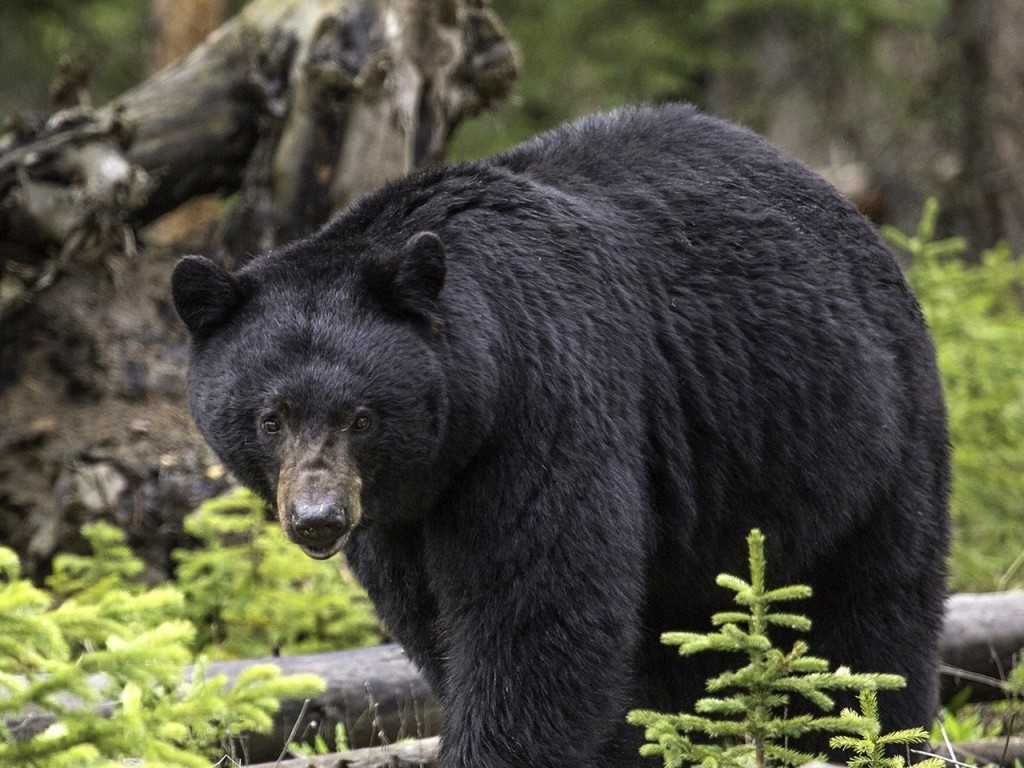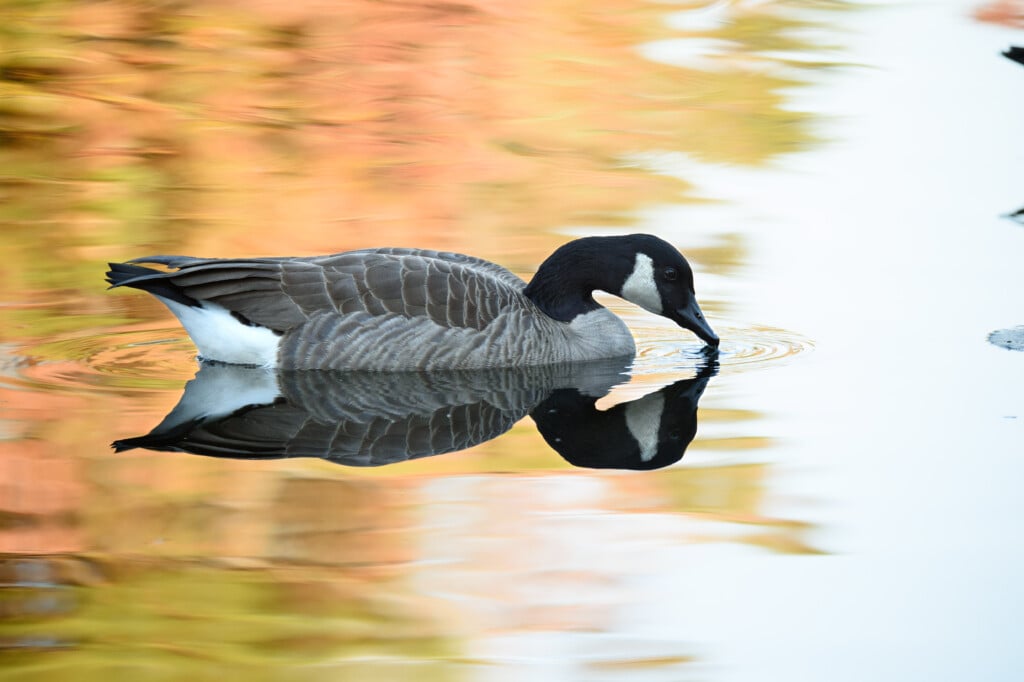Wildlife agency cautions bear appetites are at seasonal high due to hyperphagia

RALEIGH, NC (WWAY) — The N.C. Wildlife Resources Commission advises that black bears’ eating behavior alters in the late summer through fall.
They significantly increase their food consumption to prepare for the colder months when natural food is less available.
“In late summer through fall, black bears are consuming a variety of hard and soft mast species, from acorns and hickory nuts to pokeberry, cherry, grapes and black gum,” said Black Bear Biologist Jenna Malzahn. “They’ll also take advantage of agricultural crops, such as soybeans and standing corn, as well as bird feeders and unsecured garbage and compost.”
With this level of food consumption, which can last through early winter, bears can put on 3 pounds per day and gain anywhere from 20% to close to 100% of their summer weight!
Bears are typically most active at dawn and dusk. Steps to avoid a vehicle collision with a bear or any wildlife include:
- If driving with a passenger, put them on wildlife watch.
- Always drive at a reasonable speed and follow the speed limit.
- At night, consider driving below the speed limit to give yourself more stopping time and scan the sides of the road for eyeshine at night.
- Pay extra attention in areas where bushes and trees are close to the road.
- Most insurance companies advise that if you see an animal in the road, honk your horn repeatedly, flash your high beams and try to avoid it if you can do so safely. Do not swerve into another lane or slam on your brakes unless you know you can do so safely.
“Even in warmer climates, such as our state, a bear’s biological clock will still activate this fall feeding frenzy, even for those bears that hibernate briefly or not at all, as natural food scarcity in winter months, not temperatures, has been a key driver for activating the hyperphagia and hibernation process,” said Game Mammals and Surveys Supervisor Colleen Olfenbuttel. “Even bears that won’t den until January or February still look for food practically around the clock and eat as much as they can find. However, in areas where bears have found dependable year-round supplies of human-provided foods, they may not hibernate at all but will eat as if they are going to.”
Contact the N.C. Wildlife Helpline at 866-318-2401 Monday to Friday, from 8 a.m. to 5 p.m. or your local district wildlife biologist for questions or to report information about a bear incident.




